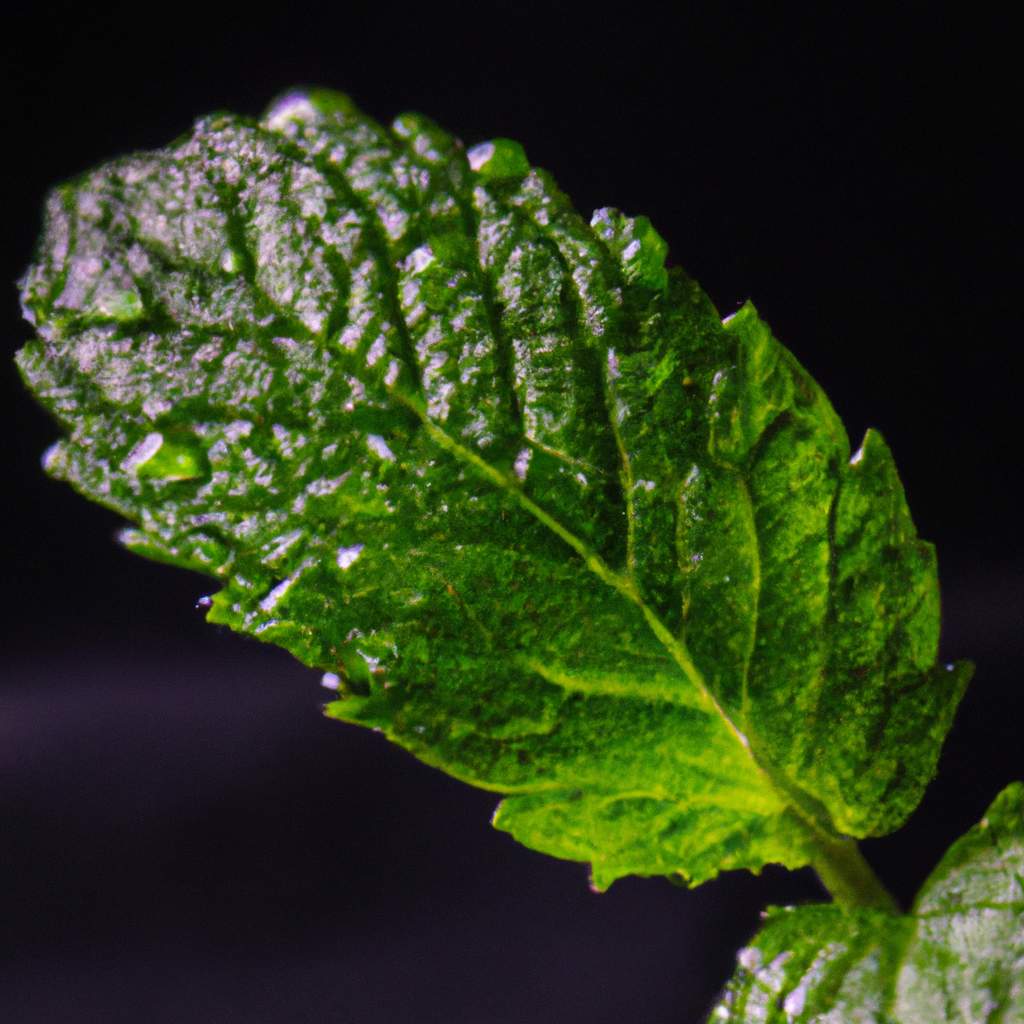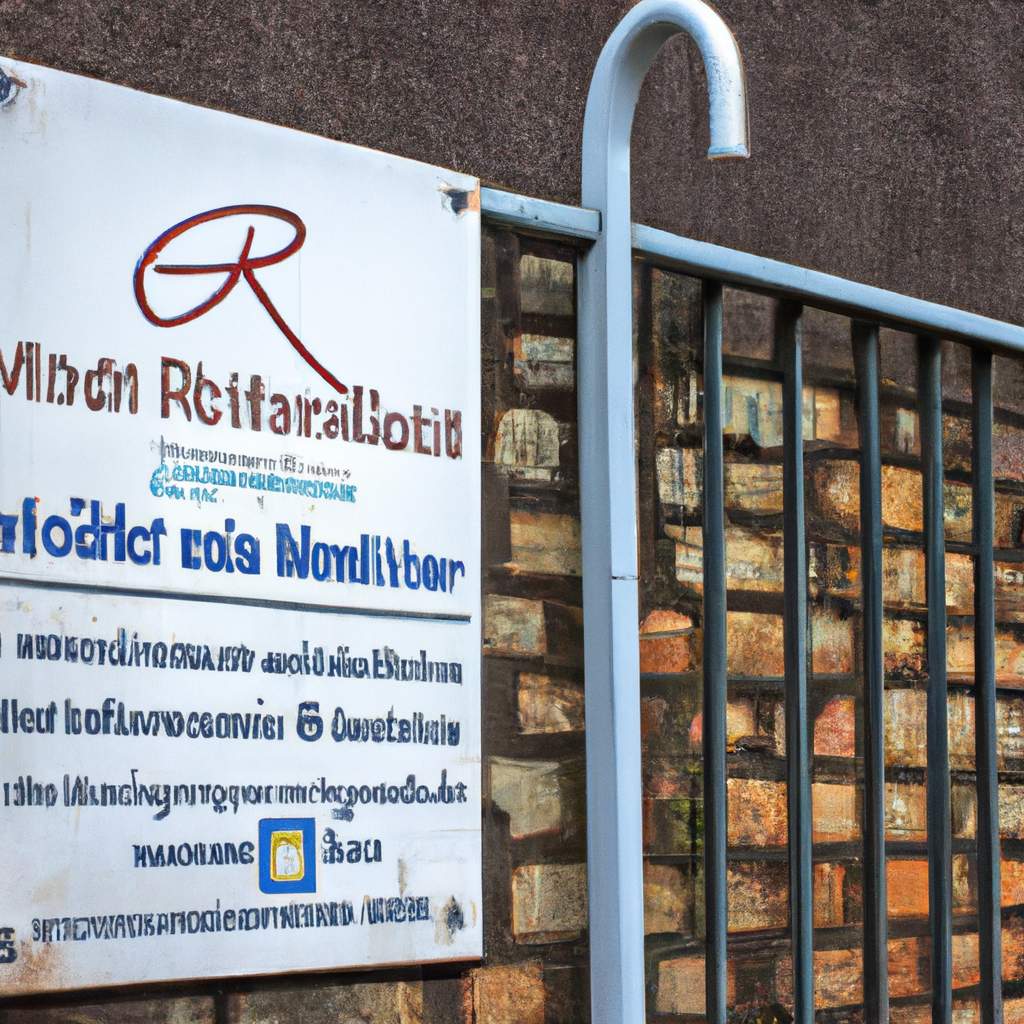Incorporating mindfulness into your daily life is a powerful way to enhance your mental well-being, cope with stress more effectively, and improve your overall quality of life. It's like a little secret recipe from grandma to take care of yourself.
Understanding Mindfulness
Mindfulness, also known as "mindfulness meditation", is a practice that involves paying non-judgmental and compassionate attention to one's bodily sensations, thoughts, and emotions. Unlike traditional meditation, which often focuses on spiritual aspects, mindfulness can be practiced anywhere and at any time throughout the day.
The Benefits of Mindfulness
Stress management
Numerous studies have shown the beneficial effects of mindfulness in reducing stress. By learning to be present in the moment, you avoid getting caught up in worries about the past or future, thus limiting anxiety and stress. It's like taking a deep breath to calm yourself.
Improved concentration
By developing your ability to stay focused on your bodily sensations and breath, you strengthen your attention and ability to concentrate on a task without being distracted by noises around you or thoughts that come to mind. This helps you stay on track and be more effective.
Enhanced relationships
Mindfulness also promotes better listening and empathy towards others. By being more present in our interactions, we improve the quality of our interpersonal relationships. It's like building strong and warm connections with others.
Bringing Mindfulness into Daily Activities

During cooking
Cooking is an ideal activity for practicing mindfulness. Focus on physical sensations, such as the taste and texture of the food, as well as the smells and sounds produced during preparation.
While walking
Take the time to be mindful of your surroundings during your walks. Observe the trees, the grass, the wind on your face, and the sounds around you. Each step is a way to stay grounded in the present moment.
At work
Take regular breaks to refocus on your breath and bodily sensations. This will help you better manage stress at work and improve your concentration and productivity.
Mindfulness Techniques for Beginners
Conscious breathing is a simple exercise that involves paying attention to your breath. Find a comfortable position and observe the cool air entering through your nostrils, and the warmer air leaving. Just be a witness to this natural exchange without trying to change your breathing rhythm.
Body scanning is a technique where you mentally scan each part of your body, paying gentle attention to the sensations you feel. Start from your feet and gradually move up to your head, taking a few minutes to explore each area. It's like giving your body an inner soothing touch.
Metta meditation, also known as loving-kindness meditation, involves cultivating feelings of goodwill towards yourself and others. You can mentally repeat positive phrases such as "may I be happy, healthy, and at peace" or "may all beings be happy, healthy, and at peace." It's like sending beautiful thoughts of love and compassion to yourself and those around you.
Challenges and How to Overcome Them
Distractions are common during mindfulness practice, but when they arise, gently bring your attention back to your breath or bodily sensations. It's like guiding your mind gently into the present moment.
Avoid judging your thoughts and emotions as good or bad. Simply consider them as passing experiences that don't define your self-worth.
Mindfulness takes time and patience. Don't get discouraged if you don't see immediate dramatic results. Allow yourself to learn and progress at your own pace. It's like planting a seed and watching it grow over time.
By integrating mindfulness into your daily life, you'll develop better stress management, increased focus, and improved interpersonal relationships. Start today with beginner exercises and observe the positive changes in your life.
It's like offering yourself a gentle and loving attention, just like a caring grandmother would do.










